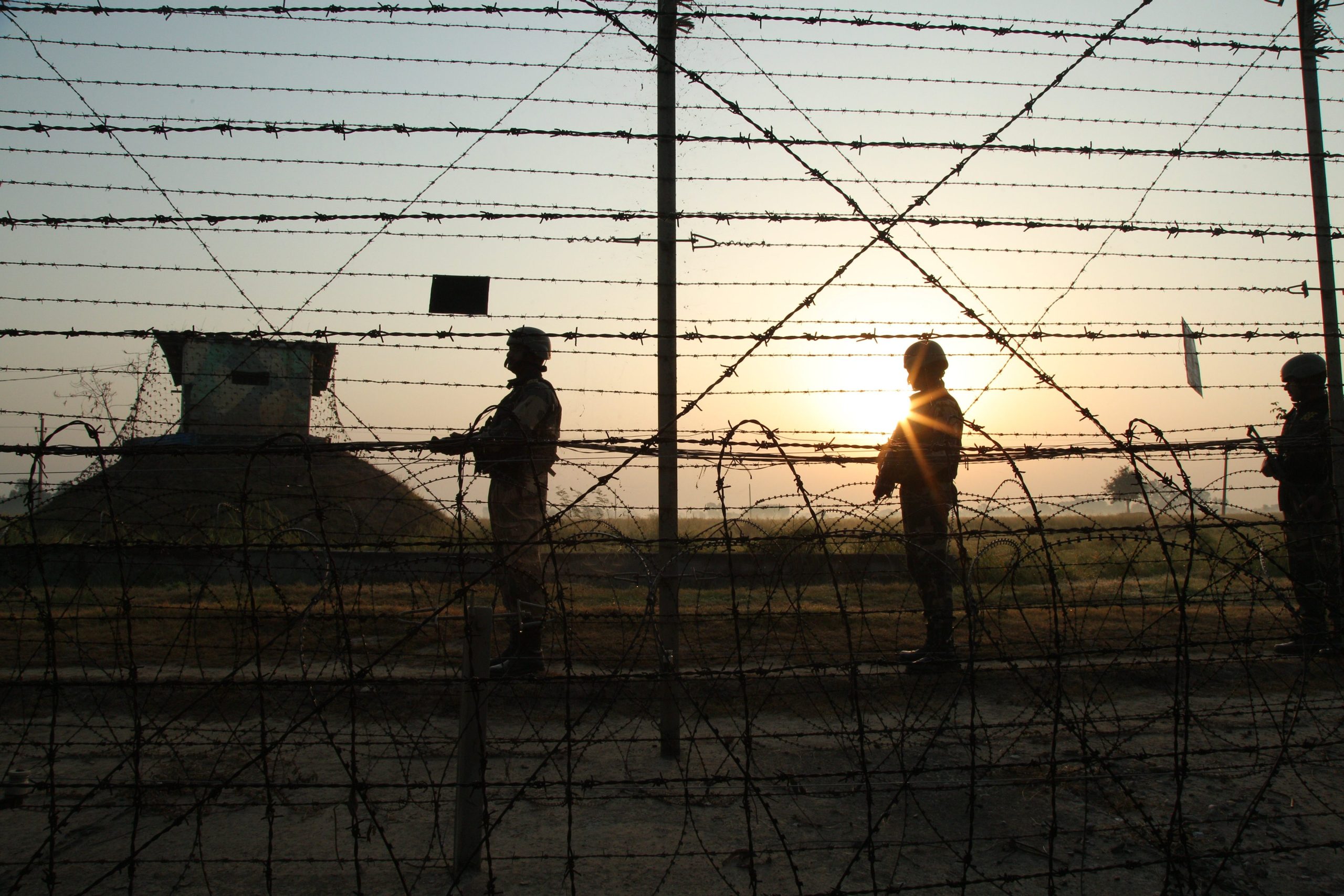Lieutenant Governor Manoj Sinha on Sunday dedicated 500 Kisan Khidmat Ghars (KKGs) to the farmers of the Union Territory of Jammu and Kashmir and disclosed that 1500 more will be established in second phase and works will be completed by the end of this year. He maintained that by establishing KKGs, his administration was committed to empower 13 lakh farmer families, including nearly 3 lakh vulnerable and marginal farmers.
Agriculture is the back bone of J&K’s economy and thus any and every initiative aimed at empowering the farmers and giving a boost to the sector is welcome. It goes without saying that though being the most important factor of economy, this sector has received no or very little attention by the authorities that be. It is because of this neglect, J&K lags behind other parts of the country as for as usage of modern technologies in agriculture sector are concerned.
Sometime back, the UT administration launched J&K Holistic Agriculture Development Program (HADP), an initiative aimed at transforming the agricultural sector here. This program focuses on improving productivity, ensuring sustainable agricultural practices, and increasing the income of farmers through various means. The main focus of this initiative is to implement advanced agricultural techniques and technologies to enhance crop yield and quality besides improving irrigation systems, storage facilities, and transportation to ensure better market access for farmers.
The establishment of KKGs is part of this programme and will be a great help to farmers if what is being said is strictly implemented on the ground. These KKGs will serve as one-stop service hubs, offering comprehensive support, from input supply to marketing and technological assistance to the farmers and bring essential services directly to the doorsteps of the farmers. As the Lt Governor asserted that the KKGs equipped with modern IT systems will ensure efficient delivery of critical services such as input booking, soil health monitoring, plant diagnostics, market intelligence, and capacity building, need is to ensure that the authorities vested with the responsibility perform on the ground.
There are schemes, there are programmes that the government has been launching from time to time but the issue is of the implementation. On ground, people have many complaints and grievances. For instance, when we talk about agriculture, irrigation is the biggest issue. This summer lack of rains and the heat wave have played havoc with the agriculture as well as horticulture sector. The lack of proper irrigation is what worries people. It is true that drinking water is the priority but at the same time irrigation too should be focused upon because in absence of it, there would be no food and it goes without saying that people can’t survive only on water!


